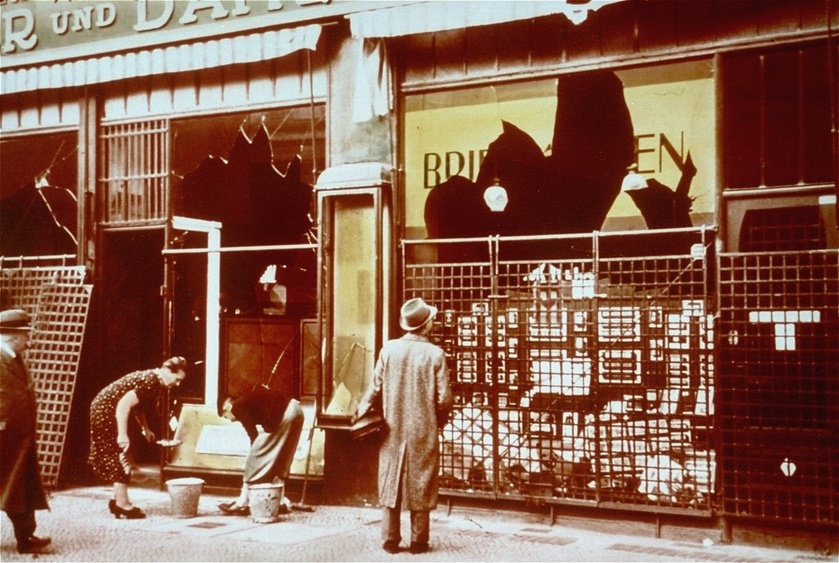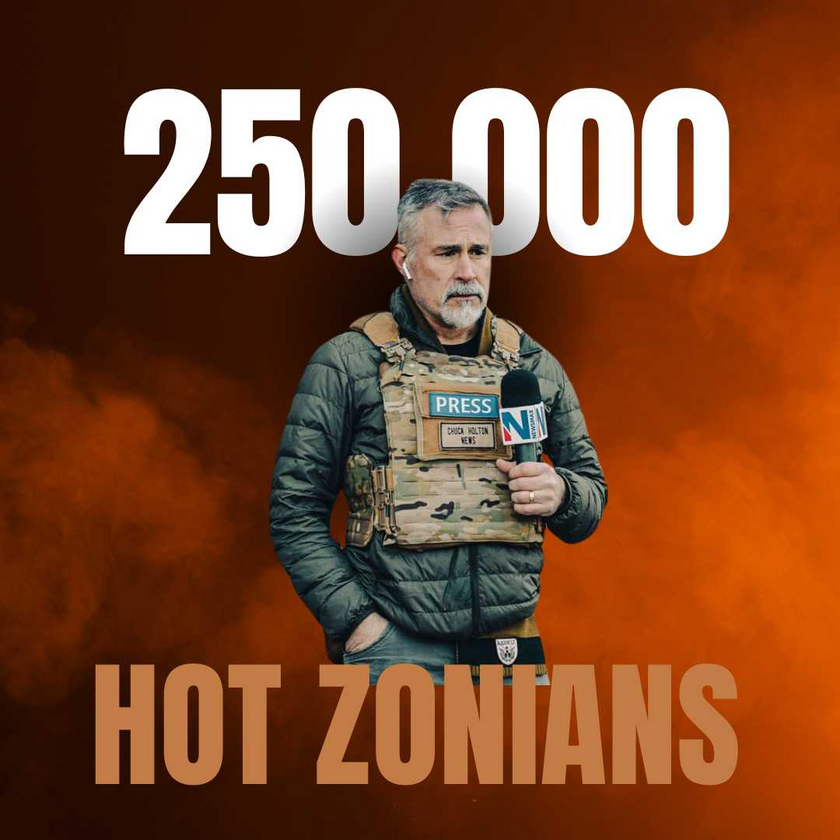86 Years On, It is Happening Again
Today marks 86 years since Kristallnacht, or the “Night of Broken Glass,” a pivotal night in history that shattered any illusions about the Nazi regime’s intentions and marked the beginning of one of humanity's darkest eras.
On November 9-10, 1938, Nazi forces and civilians coordinated a violent attack on Jewish communities across Germany and Austria. Synagogues were set ablaze, Jewish-owned businesses and homes were destroyed, and Jewish cemeteries were desecrated. Thousands of windows were shattered—giving the night its grim name—and the streets were littered with broken glass. This was not a spontaneous riot but a state-organized attack under the guise of retribution for the assassination of a German diplomat by a Jewish teenager. Kristallnacht was a direct, terrifying message: the Nazis would not stop at rhetoric alone.
In just two days, more than 1,400 synagogues were burned, thousands of Jewish businesses and homes were ransacked, and close to 100 Jewish people were killed. Around 30,000 Jewish men were arrested and sent to concentration camps. For Jewish families in Germany and Austria, it was a moment of horror, shattering any hopes that the rising tensions would ease. For the international community, Kristallnacht was a stark warning of the Nazi regime’s willingness to use violence to pursue its ideology.
Yet the world’s reaction was largely muted. Few governments took decisive action, and many nations turned away Jewish refugees seeking safety. The silence of the global community emboldened the Nazis, fueling the years of unspeakable horror that followed. Kristallnacht became a somber milestone in the path to genocide, serving as a warning that unchecked hatred can lead to unimaginable atrocities.
Reflecting on Kristallnacht today, we recognize how vital it is to confront antisemitism wherever it appears. In recent days, we’ve seen alarming echoes of this hatred—in antisemitic attacks after a soccer match in Amsterdam, and in incidents on American campuses and city streets. The past teaches us the importance of speaking out, of refusing to stand idle in the face of such bigotry. Remembering Kristallnacht is not only about honoring those who suffered but also about standing vigilant against the resurgence of hatred in our world today.



















